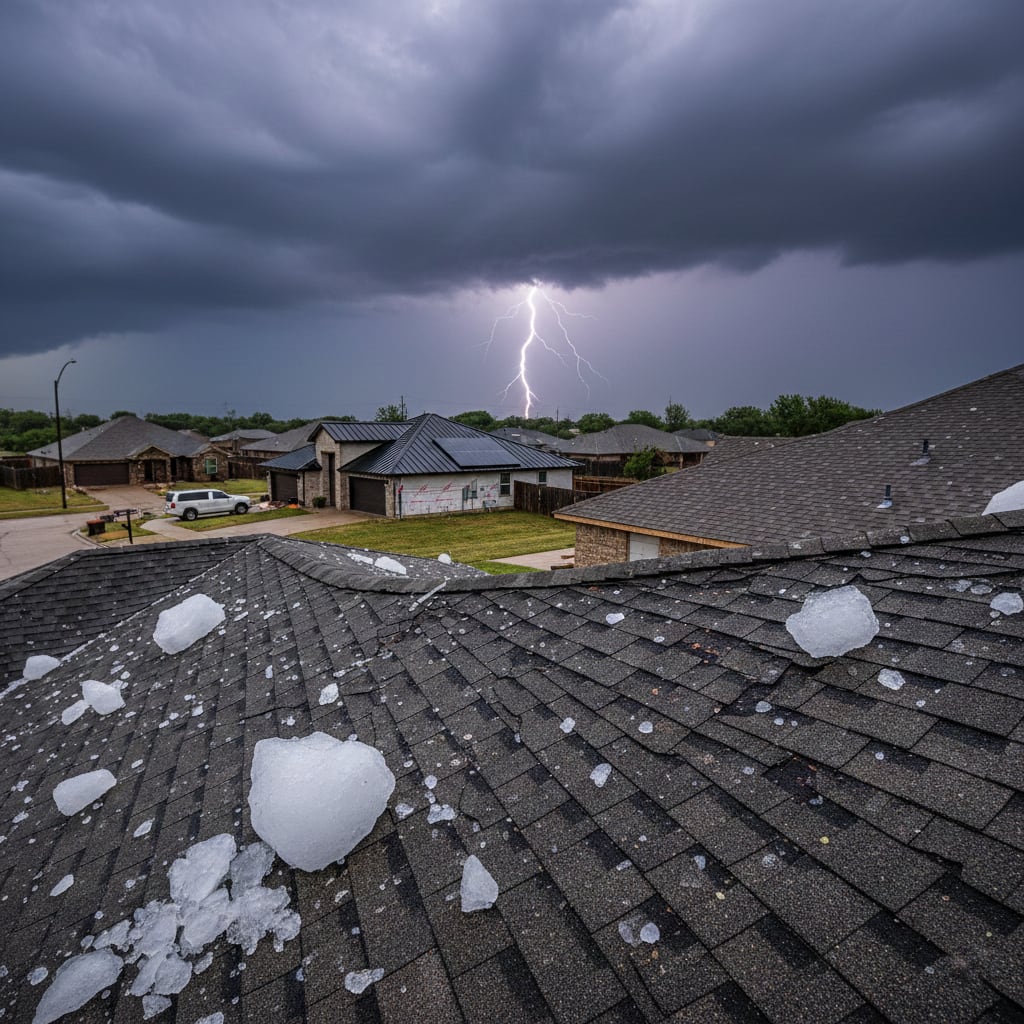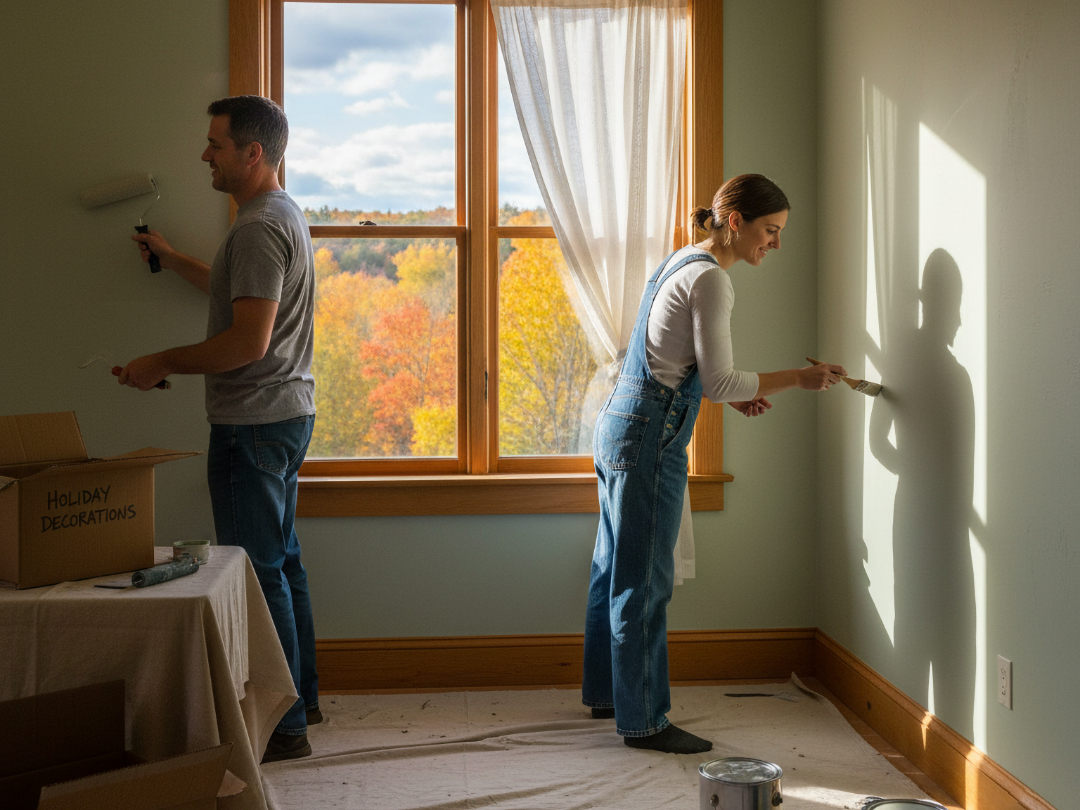A roof replacement or significant repair is a major investment, making the roofing industry a target for dishonest operators. Being aware of common scams can help you protect yourself and ensure you get quality work from a reputable contractor. Here are some frequent roofing scams and how to steer clear:
The "Storm Chaser" Rush:
The Scam: After a major storm (hail, wind), out-of-town contractors flood affected neighborhoods. They often use high-pressure tactics, promise unbelievable deals (sometimes claiming they can "waive" your deductible, which is insurance fraud), perform subpar work with cheap materials, and disappear before any warranty issues arise.
Avoidance: Be wary of unsolicited door-knockers. Always prefer local, established contractors with verifiable addresses, phone numbers, and a history in your community.
Unnecessary Repairs or Inflated Scope:
The Scam: A dishonest contractor might inspect your roof and claim extensive damage exists when only minor repairs are needed, or even recommend a full replacement for a roof with years of life left. They might show you pictures of damage from another roof.
Avoidance: Always get multiple opinions and quotes (at least three) from different reputable roofers. Ask detailed questions about the proposed work and why it's necessary. Be present during the inspection if possible.
Lowball Bids with Hidden Costs:
The Scam: A contractor offers a significantly lower price than competitors to secure the job. Once work begins, unexpected "issues" arise, and the costs start piling up through change orders for essential items that should have been included initially.
Avoidance: Scrutinize bids carefully. Ensure the contract details all materials, labor, cleanup, permits, and contingencies. If a bid seems too good to be true, it probably is. Question unusually low offers.
Large Upfront Payment Demands:
The Scam: The contractor asks for a very large percentage (or even all) of the payment upfront before work begins. They may then delay the start date indefinitely, do shoddy work, or disappear with your money.
Avoidance: Reputable contractors typically ask for a reasonable deposit (e.g., 10-30%) to cover initial material costs, with further payments tied to project milestones and final payment upon satisfactory completion. Never pay in full upfront. Check your local regulations regarding deposit limits.
Substandard Materials Bait-and-Switch:
The Scam: The contract specifies quality, warrantied materials, but the crew installs cheaper, inferior products to increase their profit margin. This often leads to premature roof failure.
Avoidance: Ensure the contract clearly specifies the brand, type, and warranty of all materials being used (shingles, underlayment, flashing, etc.). Be present periodically during installation and check delivered materials against the contract.
How to Protect Yourself:
- Research: Check online reviews, the Better Business Bureau (BBB), and ask for local references.
- Verify: Confirm the contractor has proper licensing (if required in your area) and adequate insurance (liability and worker's compensation). Ask for proof.
- Get it in Writing: Insist on a detailed, written contract outlining the scope of work, materials, timeline, payment schedule, and warranties. Read it carefully before signing.
- Don't Be Pressured: Avoid contractors who use high-pressure sales tactics or demand an immediate decision.
By being informed and cautious, you can avoid falling victim to roofing scams. Take your time, do your homework, and trust your instincts when selecting a roofing contractor. Contact Taylor Made Exteriors for a free estimate today.










